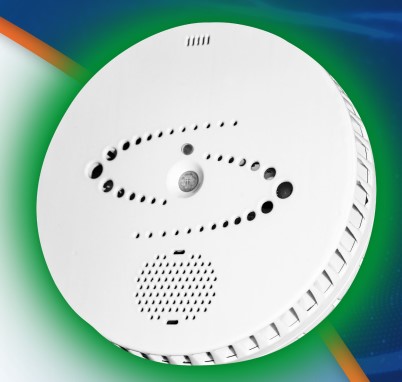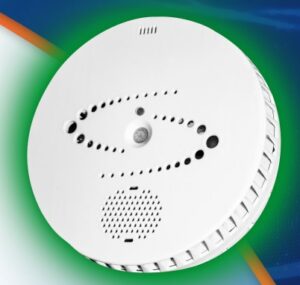The King’s Speech last month, confirmed the government’s commitment to enacting legislation that will place a duty on those managing large spaces, such as retail or entertainment venues, to ensure they properly protect customers and spectators and are prepared for terrorist incidents.
The government said the Terrorism (Protection of Premises) Bill – known as Martyn’s Law – would deliver on its manifesto commitment to “improve the safety and security of public venues” and keep the British public safe from terrorism.
A draft bill was published in May, following earlier consultations. It has become known as Martyn’s law after a campaign by Figen Murray to commemorate her son Martyn Hett. Martyn was one of 22 people murdered in the Manchester Arena terrorist attack in 2017.
The duties for protecting the public that premises will have depends on the size of the venue. Premises and events with a capacity of 800 or above will be in the enhanced tier, while premises with a capacity of 100 to 799 will be in the standard tier.
Concerns were expressed that the duties for those running smaller venues, for example village halls, as laid out in the draft bill, could be burdensome. Therefore, the government has committed to launching a public consultation on the standard tier, “to ensure we strike the right balance between enhancing public safety and not overburdening organisations ensure the standard tier duties are proportional.”
Taking action to protect the public
After some questioning of the wording in the draft bill, the government has made it clear that the aim of Martyn’s Law is not to prevent terrorist attacks. However, it does aim to improve protective security and organisational preparedness across the UK by mandating, for the first time, those responsible for certain premises and events to consider the terrorist risk and how they would respond to an attack. This includes better training and briefing of staff about the terrorist threat and having sufficient numbers of staff to cope with a large event.
Smart use of technology to support staff to deal with any kind of emergency whether it is a terrorist event, an incident related to overcrowding or a fire, can help. Although the legislation is still being finalised, we believe we can help those managing large venues to take action, which could save lives and protect the public, before this.
The latest model of the vape, health and air quality monitoring device we offer, the Halo Smart Sensor 3C, has enhanced features that will help staff deal more quickly and effectively with emergency incidents, and support preparations for meeting the duties within Martyn’s Law.
Key features of the Halo Smart Sensor 3C
- Emergency Escape and Alert Lighting providing spectators with the quickest route to safety: There are LED coloured lighting options that can be programmed to show escape routes for safety such as a red, yellow, and green pattern. You can create unique colours for different alerts such as purple for Air Quality alerts or blue for Health alerts. The lights themselves are projected onto the ceiling around the HALO for extended visibility.
- Occupancy and People Counting: You can reduce the risks that come with overcrowding or when large numbers of people move in an emergency situation by using this feature, which is available on the HALO 3C-PC. It works by identifying how many people are within the HALO location and can then alert you when numbers of people get too high based on the thresholds you set.
- Panic Button: If somebody spots unusual behaviour by an individual or an incident is occurring users can trigger alerts via an external 3rd party panic button or via the HALO cloud app. The location of the trigger is associated to the HALO device in closest proximity.
- Monitoring Aggression: The HALO can learn to detect abnormal noise levels. Therefore, if a fight or an argument begins that could escalate it will pick it up giving security staff the opportunity to intervene so situations do not get out of control.
- Calls for help: The HALO device also comes preloaded with five spoken keyword phrases related to emergencies and calls for help giving people added protection whether they are being attacked or an incident is occurring.
- Motion Detection: Identify and alert on movement for occupancy and trespassing, which could pick up individuals behaving suspiciously so security staff can act quickly.
Find out more
We are committed to supporting organisations prepare for the implementation of Martyn’s Law so they can better protect their customers, spectators and visitors. We would be delighted to provide a demonstration of the HALO Smart Sensor 3C to show how it can help you prepare for terrorist and other emergency events.
As we outlined in an earlier article on Martyn’s Law, we are an established designer and installer of advanced security systems, including CCTV and access control. So, if you would also like to talk through these options to better protect staff and customers within your venue please contact us to find out more.



